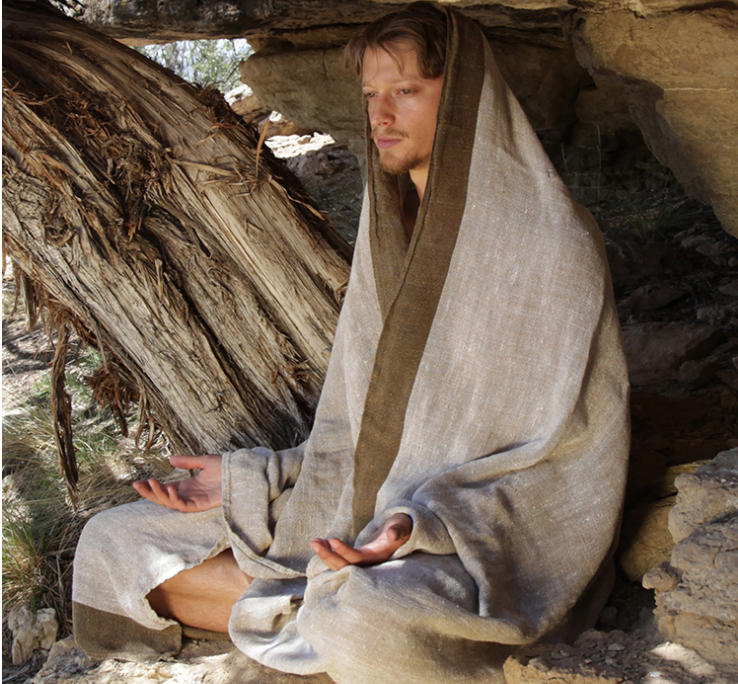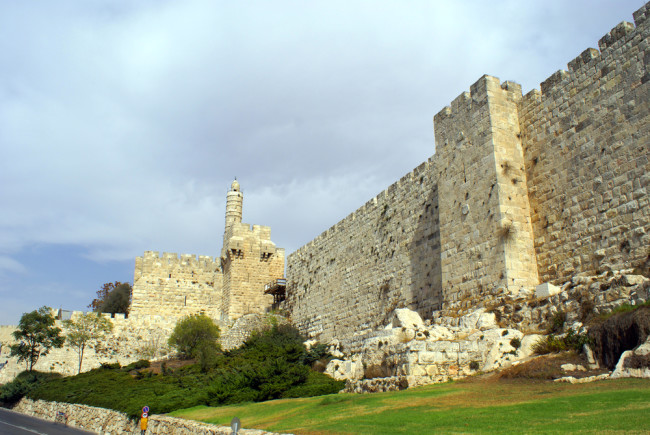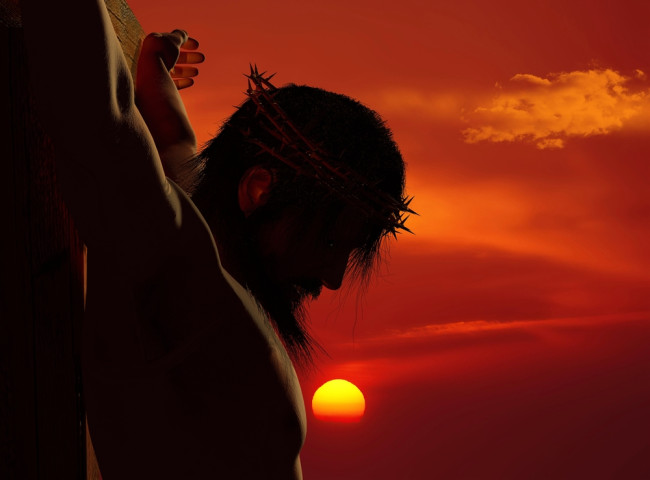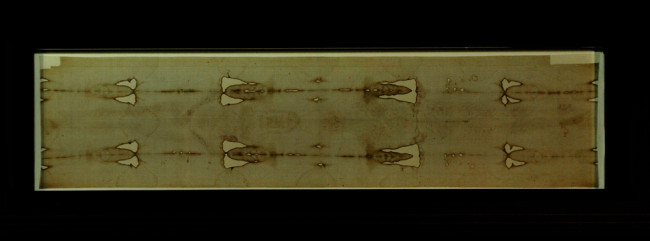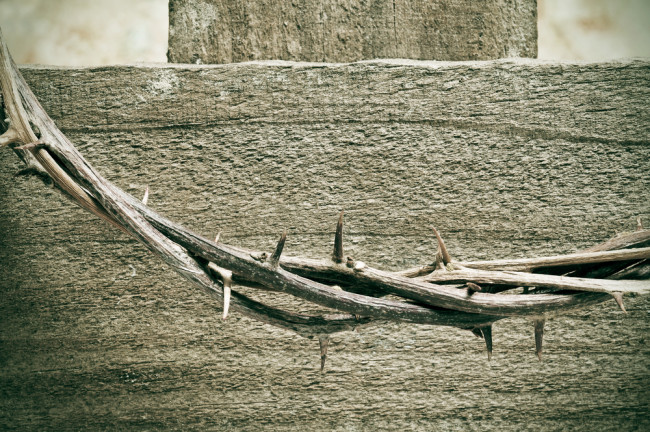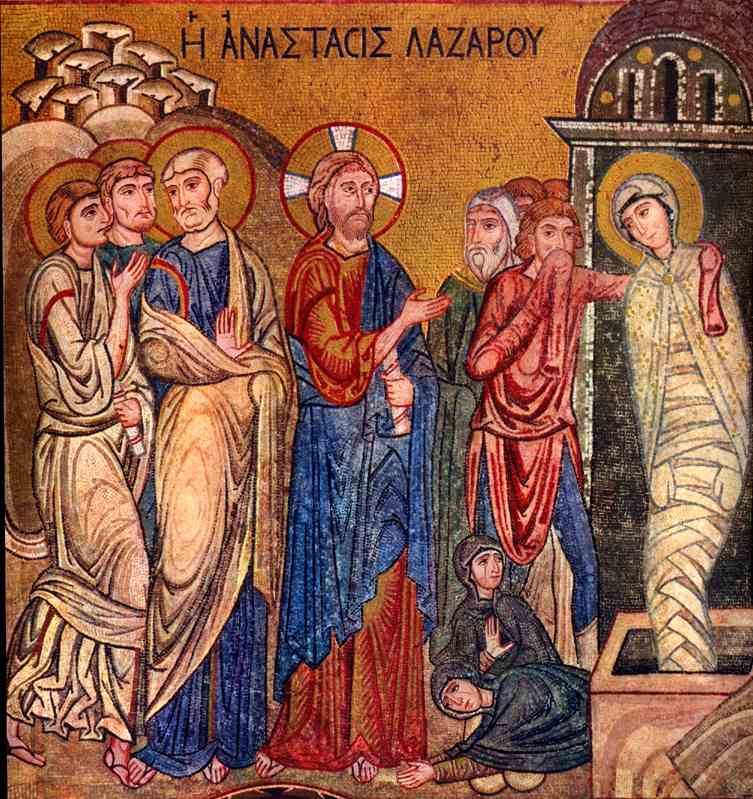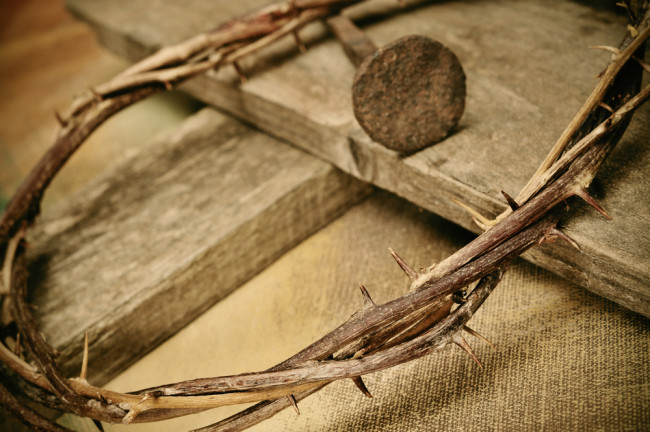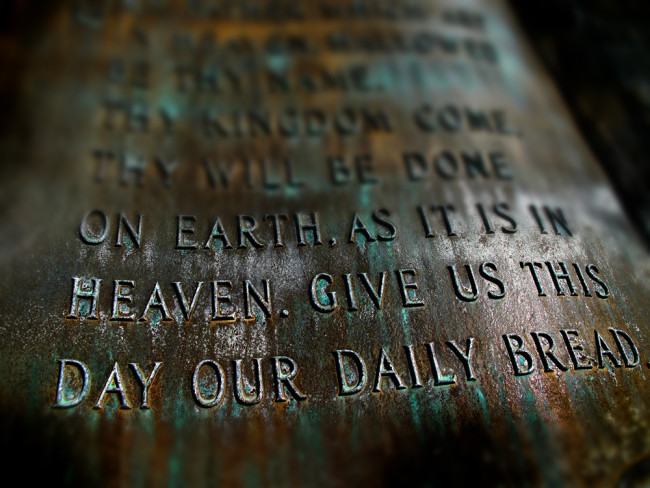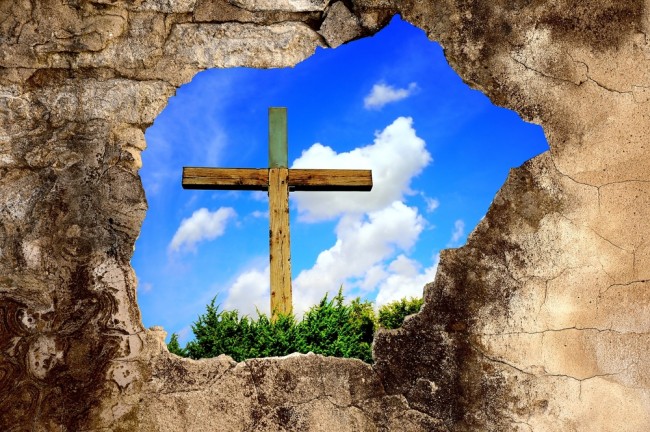A practice for individuals and churches
You can “walk” these stations by practicing one station per day, from March 20 through Good Friday, April 2 – or at any other time or manner during Lent (Ash Wednesday, February 17, until Easter Sunday, April 4).
According to the Torah, on the Sabbath you can pick up an apple that naturally falls from a tree onto the ground, but you can’t pick it from the tree. Mindful Christian meditative prayer practice is very similar. In it, we take time to see things as they are, without interfering with them or trying to fix or change them.
(This is adapted from emails I sent to students, faculty, and staff in the course on mindfulness I'm teaching at the USC Keck
From the Festive Worship collection
The events of Holy Week reveal the complexity of human nature - of how loyalty and treachery, callousness and tenderness can live side by side in people's hearts.
I thought I'd pretty well covered the territory in a "musing" I wrote a few years ago called "The Varieties of God", a listing of the many alternatives along the spectrum between traditional theism and atheism. But Ryan Bell has added a new one: provisional atheism. Godlessness for the time being. He's gone public with this status, and I intend to follow his "Year Without God" blog to see how it goes for him.
“My God, my God, why have you forsaken me?” The quintessential cry of despair, when all hope is lost.
A Journey of Faith: Moving On
A growing number of progressive Christians, for a decade or more, have seen themselves less and less of being a theist, that is as one who believes in a 'God out there' who intervenes with and over rules the laws of nature. Yet many of these are still very happy to use the words Father, Son and Holy Spirit. This Trinitarian descriptor expresses the way in which Christians may encounter or interpret our 'God', but 'God' is much more. For many progressive Christians, the Trinity is an expression of different people and communities living in perfect harmony. Now that really is heaven on earth!
A Lenten tradition in Western Christianity is to meditate upon the journey Christ took to Calvary. These stations or steps are found both in the Scriptures and in the traditions and legends of catholic Christianity. For many this practice is used to participate in the suffering and sacrifice endured by Christ. I encourage you to also take up this journey seeing within each station a calling for the modern, progressive Christian to grow in the ways and love of God. Meditate upon each station considering the questions or thoughts presented with a Scriptural verse to ponder and a brief prayer of the heart. In John 15:12 Jesus tells us, “This is my commandment, that you love one another as I have loved you.” Only by walking with Christ and seeing just how much he truly loved everyone can we begin to love others in the same fashion.
A Guide to Spiritual Practice for Lent
Beatitude Nine: “Blessed are you when people revile you and persecute you and utter all kinds of evil against you falsely on my account. Rejoice and be glad, for your reward is great in heaven, for in the same way they persecuted the prophets who were before you.”
A Guide to Spiritual Practice for Lent
“No man has ever seen God; if we love one another, God abides in us and his love is perfected in us.” (l John 4: 12) It is through the heart that we experience God directly.
We come here today to remember a man. A man… who had dreams, who had those dreams shattered,...
A Guide to Spiritual Practice for Lent
Beatitude Seven: “Blessed are the peacemakers, for they will be called children of God.”
The Gift of Mortality
Avowed atheist Susan Jacoby recently created a dust up with a recent article in the New York Times Sunday Review entitled, “The Blessings of Atheism.” She wrote in response to all the god-talk that appeared in the immediate aftermath of the Newtown massacre; with all those unanswerable questions or inadequate answers to human suffering and death so often peddled in popular religious belief. So too, not long ago author and “non-believer,” Christopher Hitchen’s posthumously published his little book Mortality; recounting his rambling thoughts on his own imminent demise; after a terminal diagnosis left him a sufficient number of days to find himself “deported from the country of the well across the stark frontier that marks off the land of malady.” But what, or where to, after that? What if this really is all there is? It seems there has always been the human hankering to imagine all kinds of fanciful notions, in our attempts to recapitulate our mortal existence into something more than it is. Many religious traditions, including centuries of “mainline” orthodox Christianity, employ great mythic stories to describe a life subsumed into something greater than we can either know, or grasp, except by “faith.” Heaven knows, some folks try to better themselves, merely in the hope of a remote possibility there something more, after our death, which is a certainty. But in the end, is it all dust and ashes? And is that OK? This is the liturgical time of year when many in the Christian tradition undergo a seasonal pilgrimage in which the faithful are reminded at the onset we mortals are nothing more than dust. And so we will one day return to that from whence we came. Then the traditional forty days end with the perennial re-enactment of a passion play commemorating the mortal demise of the one whom Christians even these many centuries later would profess to follow. Many do so in the hope of some kind of immortality for themselves in some indecipherable form or other; attributing to Jesus a “resurrection” that means the same thing to them as god-like immortality; while others of us may find such imaginings to be not only reasonably implausible, but of less importance than what we take to be of greater significance and meaning in this faith tradition. Otherwise, the vainglorious hope of immortality can become so enshrouded in our mortal fears that we become – like Lazarus in his early grave – so wrapped up in death that we fail to truly acknowledge and appreciate the gift of our mortality for what it is; nothing more, nor less. With the certain assurance then that we are but dust and ash, we can ask ourselves if the gift of our mortality is not only enough, but more than enough? And if so, as the psalmist says, how then shall we “number our days, that we may apply our hearts to wisdom?” (Psalm 90:12)
A Guide to Spiritual Practice for Lent
Beatitude Five: “Blessed are the merciful, for they will receive mercy.” Jesus was merciful, but didn’t receive mercy.
No one's raised who did not fall No one saves whom God did not send No one stands whose knees won't bend No helper's not been helped at all
The Great Thanksgiving
It is right and a good and joyful thing to give thanks to you always, Creator God, because you have made the world in all its complexity.
A Guide to Spiritual Practice for Lent
Beatitude Four: “Blessed are those who hunger and thirst for justice, for they will be satisfied.”
I am standing before the cross in all its brutality And feel overwhelmed by the enormity of it all. Why could the church not have a nice Life-affirming symbol instead of a cross?
A Guide to Spiritual Practice for Lent
Beatitude Two: “Blessed are those who mourn, for they will be comforted.” (Luke 20: 21 says: “Blessed are you who weep now, for you will laugh.”)
It is tattooed on our hearts Etched on the walls at the core of our being There is no escaping the reality And yet we still ignore it
A Guide to Spiritual Practice for Lent
This guide focuses on the Beatitudes of Jesus’ Sermon on the Mount, and on the fourteen Stations of the Cross, which symbolize the events remembered on Good Friday.
Children ~ This first Sunday of Lent, we give up the idea that we have no voice.
It was carved with hand tools on a rough slab of native red rock: “Marcelito L. Baca - murio a la edad de
INTRODUCTION Who are we? Jesus responded to the Jews preparing to stone him: "Is it not written in your law, 'I said, you are gods?'" John 10:34


